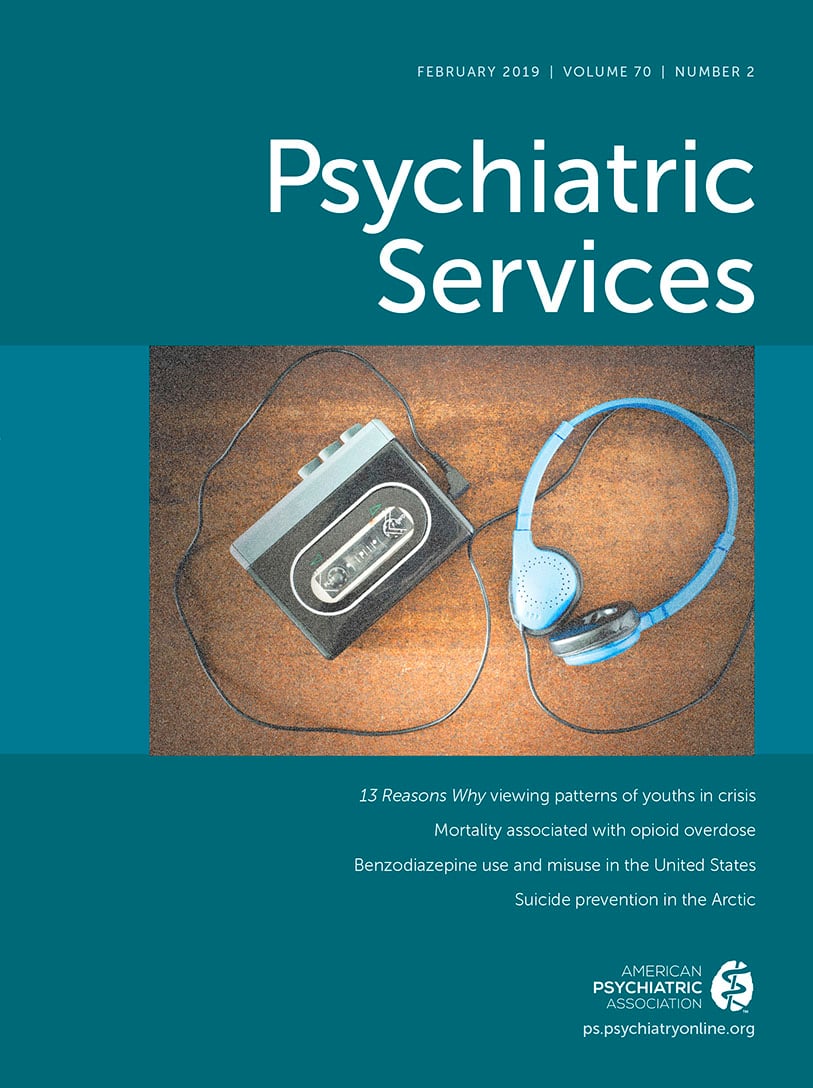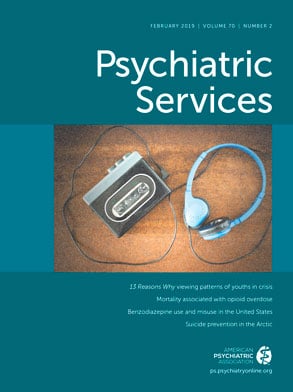Mental Disorders Among Children Born With Neonatal Abstinence Syndrome
| NAS births (N=1,046) | All other births (N=269,726) | ||||
|---|---|---|---|---|---|
| ICD-9 diagnostic category and code group | N | % | N | % | Z score |
| Any mental disorder | 511 | 48.9 | 81,814 | 30.3 | 12.996* |
| Specific delays in development (e.g., language, coordination) (315) | 327 | 31.3 | 49,591 | 18.4 | 10.719* |
| Disturbance of conduct (312) | 113 | 10.8 | 10,879 | 4.0 | 11.073* |
| Hyperkinetic syndrome of childhood (e.g., ADHD) (314) | 94 | 9.0 | 9,372 | 3.5 | 9.687* |
| Adjustment reaction (309) | 75 | 7.2 | 7,799 | 2.9 | 8.220* |
| Acute reaction to stress (308) | 49 | 4.7 | 8,123 | 3.0 | 3.156* |
| Neurotic disorders (e.g., anxiety) (300) | 43 | 4.1 | 7,365 | 2.7 | 2.731* |
| Special symptoms or syndromes (307) | 41 | 3.9 | 9,672 | 3.6 | .579 |
| Disturbance of emotions specific to childhood and adolescence (313) | 39 | 3.7 | 5,350 | 2.0 | 4.033* |
| Intellectual disabilities (317–319) | 37 | 3.5 | 4,074 | 1.5 | 5.351* |
| Psychoses with origin specific to childhood (e.g., autism spectrum, pervasive developmental disorders) (299) | 32 | 3.1 | 4,752 | 1.8 | 3.179* |
Acknowledgments
Supplementary Material
- View/Download
- 16.86 KB
References
Information & Authors
Information
Published In
History
Keywords
Authors
Funding Information
Metrics & Citations
Metrics
Citations
Export Citations
If you have the appropriate software installed, you can download article citation data to the citation manager of your choice. Simply select your manager software from the list below and click Download.
For more information or tips please see 'Downloading to a citation manager' in the Help menu.
View Options
View options
PDF/EPUB
View PDF/EPUBLogin options
Already a subscriber? Access your subscription through your login credentials or your institution for full access to this article.
Personal login Institutional Login Open Athens loginNot a subscriber?
PsychiatryOnline subscription options offer access to the DSM-5-TR® library, books, journals, CME, and patient resources. This all-in-one virtual library provides psychiatrists and mental health professionals with key resources for diagnosis, treatment, research, and professional development.
Need more help? PsychiatryOnline Customer Service may be reached by emailing [email protected] or by calling 800-368-5777 (in the U.S.) or 703-907-7322 (outside the U.S.).

